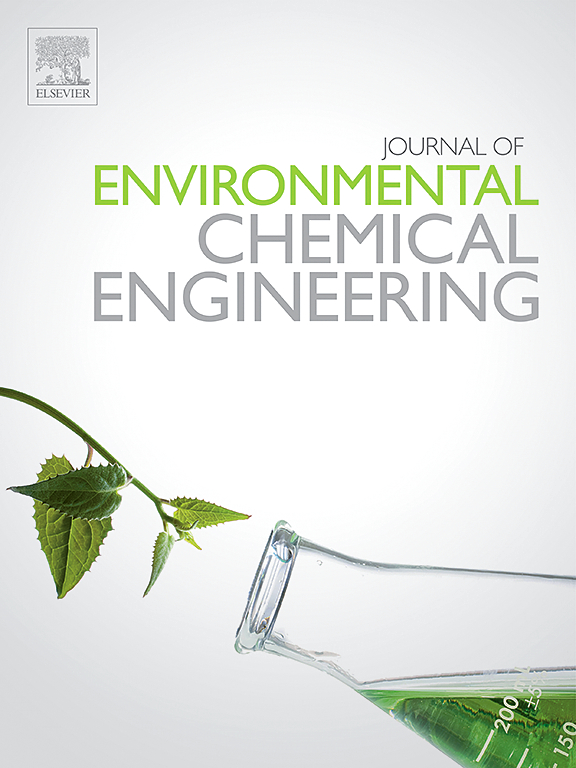通过熔盐电解从二次资源中环保回收关键金属
IF 7.4
2区 工程技术
Q1 ENGINEERING, CHEMICAL
引用次数: 0
摘要
随着工业的快速发展,对金属高效回收的需求随着金属废料的增加而激增。为了满足环境法规和先进技术的高纯度要求,绿色、成本效益高的回收战略至关重要。熔融盐电解(MSE)提供了一种可持续的替代传统方法,在清洁,高效的过程中使用电子作为还原剂。熔盐的可调性使其具有高扩散和反应速率,使其成为化学反应的理想选择。提高MSE对于从二次资源中回收高纯度金属至关重要。综述了MSE在回收合金废料、废电池、冶金固体废物、乏核燃料和辐照靶材等方面的应用。探讨了不同的电解方法,分析了目前的局限性,并讨论了未来发展的优化策略,旨在提高其工业可行性。本文章由计算机程序翻译,如有差异,请以英文原文为准。
Ecofriendly recycling of critical metal from secondary resources via molten salt electrolysis
With rapid industrial advancements, the demand for efficient metal recycling has surged alongside increasing metal waste production. To meet environmental regulations and the high-purity requirements of advanced technologies, a green, cost-effective recycling strategy is essential. Molten salt electrolysis (MSE) offers a sustainable alternative to conventional methods, using electrons as reductants in a clean, high-efficiency process. The tunability of molten salts enables high diffusion and reaction rates, making them ideal for chemical reactions. Advancing MSE is crucial for recovering high-purity metals from secondary resources. This review summarizes MSE applications in recycling alloy scraps, spent batteries, metallurgical solid waste, spent nuclear fuel, and irradiated targets. It explores different electrolysis approaches, analyzes current limitations, and discusses optimization strategies for future development, aiming to enhance its industrial viability.
求助全文
通过发布文献求助,成功后即可免费获取论文全文。
去求助
来源期刊

Journal of Environmental Chemical Engineering
Environmental Science-Pollution
CiteScore
11.40
自引率
6.50%
发文量
2017
审稿时长
27 days
期刊介绍:
The Journal of Environmental Chemical Engineering (JECE) serves as a platform for the dissemination of original and innovative research focusing on the advancement of environmentally-friendly, sustainable technologies. JECE emphasizes the transition towards a carbon-neutral circular economy and a self-sufficient bio-based economy. Topics covered include soil, water, wastewater, and air decontamination; pollution monitoring, prevention, and control; advanced analytics, sensors, impact and risk assessment methodologies in environmental chemical engineering; resource recovery (water, nutrients, materials, energy); industrial ecology; valorization of waste streams; waste management (including e-waste); climate-water-energy-food nexus; novel materials for environmental, chemical, and energy applications; sustainability and environmental safety; water digitalization, water data science, and machine learning; process integration and intensification; recent developments in green chemistry for synthesis, catalysis, and energy; and original research on contaminants of emerging concern, persistent chemicals, and priority substances, including microplastics, nanoplastics, nanomaterials, micropollutants, antimicrobial resistance genes, and emerging pathogens (viruses, bacteria, parasites) of environmental significance.
 求助内容:
求助内容: 应助结果提醒方式:
应助结果提醒方式:


